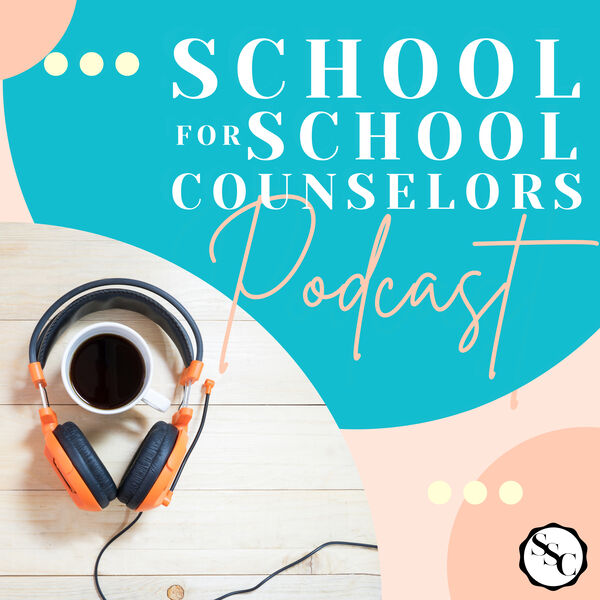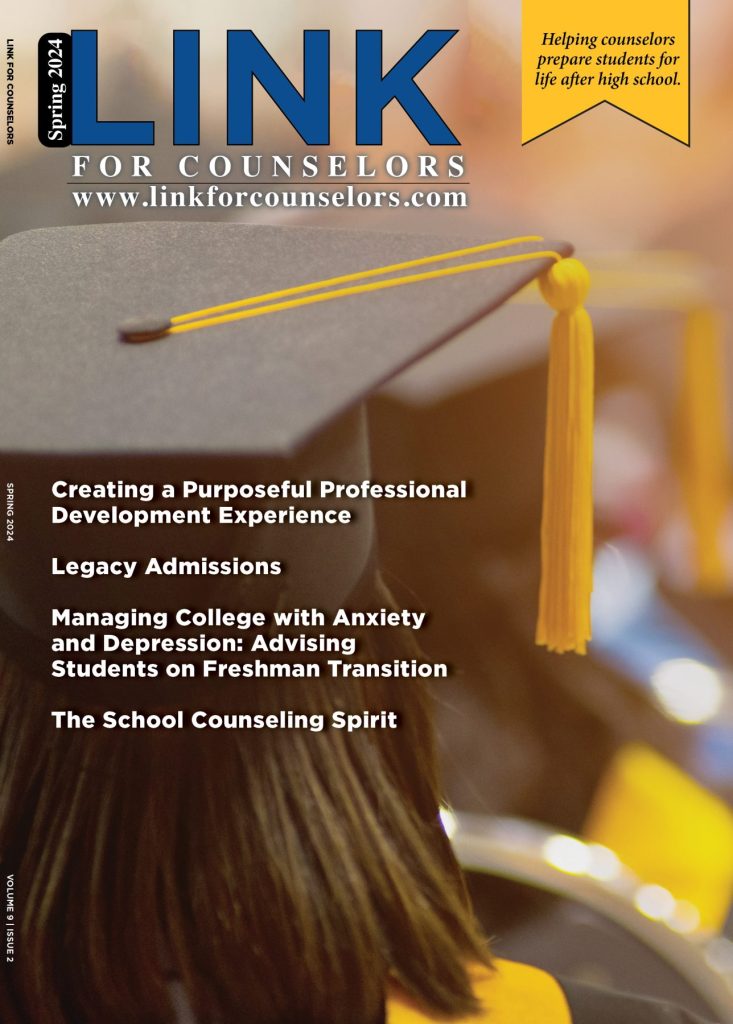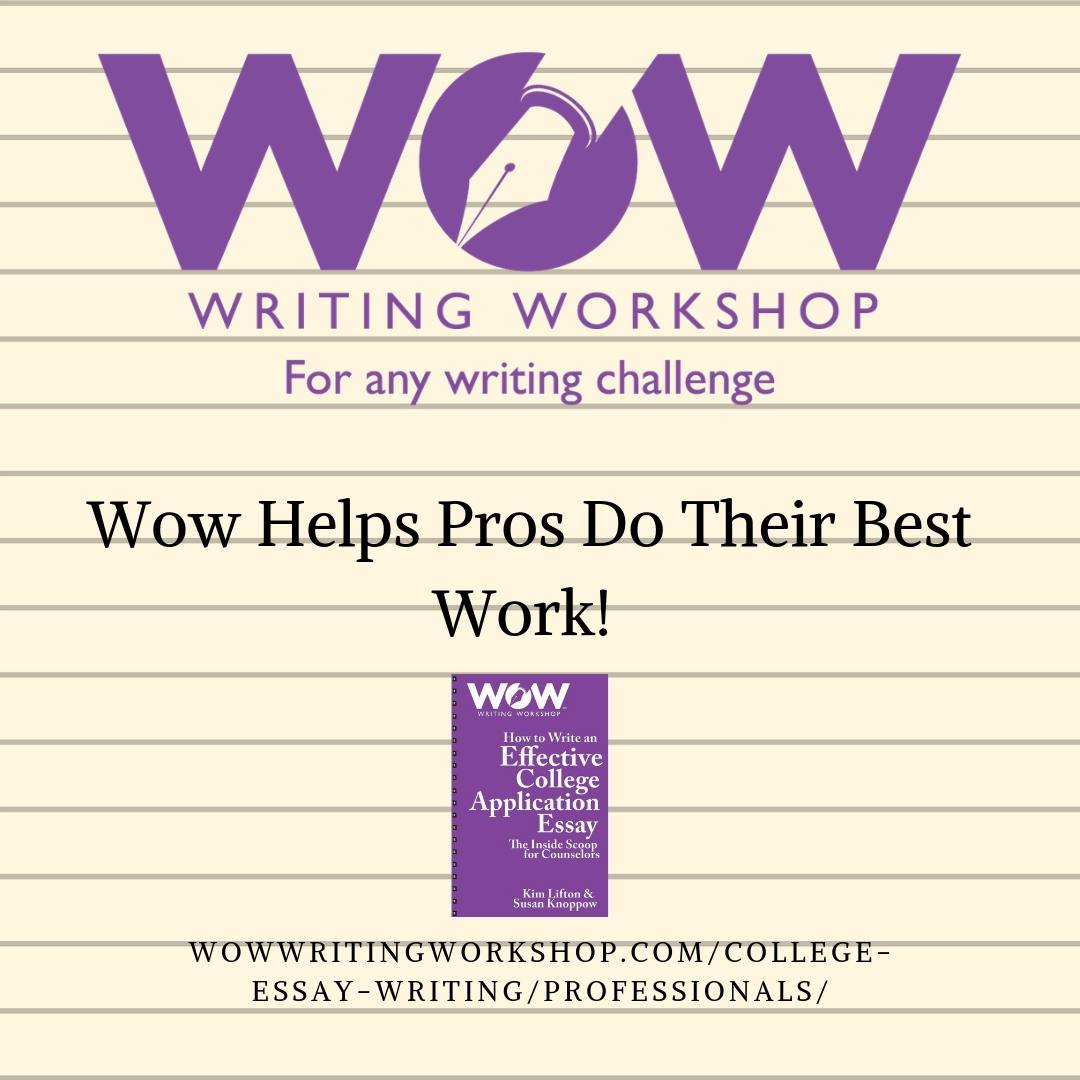The SAT and ACT have long been considered crucial parts of the college application process. But when the COVID-19 pandemic made it difficult to safely administer the tests, many colleges adopted test-optional admission policies, waiving their standardized testing requirements. Today – nearly three years since the pandemic struck – many colleges are still test optional. In fact, according to the National Center for Fair and Open Testing, more than 1,800 colleges aren’t requiring test scores for fall 2023 applicants.
Judi Robinovitz, an educational consultant with more than 30 years of experience and founder of JRA Educational Consulting, says that although test-optional colleges allow students to decide whether or not to submit their SAT or ACT scores, admission officers will still consider your scores if you submit them. In fact, Judi believes test scores will remain a key consideration in college admission decisions.
“Test scores are still an important factor in college admission decisions for most colleges – second only to a student’s academic record,” she said. “First and foremost, colleges look at course rigor and academic performance. But many studies conclude that standardized test scores combined with high school GPA are a better predictor of first-year college success than a high school GPA alone.”
Opponents of test-optional admissions believe that colleges should reinstate testing requirements, while proponents sing its praises. So, is test optional here to stay and, if so, how can you decide what’s best for you?
Test Optional – A Closer Look
Test-optional policies vary by school. For example, sometimes test-optional colleges have exceptions, such as requiring test scores for certain majors and academic programs. In addition, some honors and scholarship programs require an SAT or ACT score, and home-schooled students and international students may be required to submit scores – even to test-optional colleges. Always review a college’s admissions page to familiarize yourself with all requirements – including its test-optional policy – before you apply.
In general, there are three types of test-optional policies:
Test Optional for Applicants Meeting Certain Criteria: Some colleges require SAT or ACT scores for the majority of applicants, but are test optional for applicants who meet specific standards, like achieving a certain GPA or demonstrating an outstanding academic accomplishment.
Test Flexible: Test-flexible colleges require applicants to submit a test score, but it doesn’t have to be the SAT or ACT. Instead, applicants may submit Advanced Placement (AP), International Baccalaureate (IB), or other accepted test scores. For example, although Drexel University and NYU are currently test optional, both offer a test-flexible policy for applicants who choose to submit scores.
Test Blind: Colleges with test-blind policies will not consider test scores, even if you submit them. For example, Hampshire College, the University of California, and Loyola University New Orleans are test-blind schools. According to Loyola’s admissions page, “As a test-blind institution, Loyola will not consider your test score even if it is submitted…This allows the admission process to be more focused on GPA, academic rigor, student involvement, and the student’s personal statement.”
How Colleges Benefit From Test-Optional Policies
“Sometimes the most brilliant and intelligent minds do not shine in standardized tests because they do not have standardized minds.” –Diane Ravitch, Former U.S. Assistant Secretary of Education.
Most colleges adopt test-optional policies to increase applications from a more diverse range of students. Studies indicate that many applicants who choose not to submit test scores come from groups that statistically don’t perform well on standardized tests, including students from low-income families, under-represented minorities, students with English as a second language, or first-generation students whose parents didn’t attend college.
In addition to attracting a more diverse pool of students, test-optional colleges show an overall increase in applications. Students who may not have previously applied because they didn’t meet the criteria – such as those with impressive academic achievements but without competitive test scores – generally feel more confident applying to test-optional colleges. And, because most applicants pay an application fee, colleges earn more revenue. Other benefits? Only students with high scores tend to submit their results, so the average SAT and ACT scores go up at test-optional colleges. That’s even more good news for colleges.
“When more students apply and SAT and ACT scores go up, a college’s selectivity goes up as a result,” Judi said. “Colleges have a larger pool of applicants, but the same number of spots available, so they’re accepting a lower percentage of students. This selectivity improves the school’s rank and attracts even more applicants. So generally speaking, when a college goes test optional, it receives more applications, higher SAT and ACT scores, and a much higher level of selectivity.”
To Submit or Not To Submit…That is the Question
“Sometimes we are tested – not to show our weaknesses – but to discover our strengths.” – Unknown
By definition, the word ‘optional’ means “left to one’s choice; not required or mandatory.” But just because something is optional doesn’t mean you should opt not to do it. In fact, studies show that even for test-optional colleges, most students still submit scores. According to the College Board, representatives from test-optional colleges reported in a survey that about 80 percent of applicants chose to submit their scores.
Jason Robinovitz, Chief Operating Officer of JRA Educational Consulting, cited similar studies, noting that evidence substantiates that standardized test scores add value to a college application.
“When schools went test-optional in non-pandemic years, the majority of applicants continued to submit scores – and score averages actually rose,” he said. “If your SAT or ACT scores fall within a college’s mid-fifty-percent range – especially if they fall within the upper portion of this range or higher – it’s a good idea to submit them. Similarly, if your test scores are high in comparison to classmates in your school, submit them.”
But are there instances when an applicant should not submit scores?
Most college admission experts say that if your SAT or ACT scores aren’t representative of your academic achievements and don’t reflect your future potential in college, it may be beneficial not to submit. For example, Jason suggests that students with scores below the mid fifty-percent range who don’t have future tests scheduled might benefit from applying test optional. But applicants who do plan to take future tests might consider waiting for at least one more set of scores before deciding. Some colleges allow you to change your mind about applying test optional once your application is submitted, while others don’t. When in doubt, contact the college.
If you choose not to submit your test scores, then your GPA, activity résumé, personal statement, supplemental essays, recommendations, and other aspects of your application should be strong enough to stand alone and make college admission officers take notice. But are college essays becoming obsolete?
Although some educators have expressed concern that bots like ChatGPT might dilute the significance of college essays, most – like Jason and Judi – agree that personal statements and supplemental essays will remain a vital part of the college application process. However, as artificial intelligence gains traction, a student’s academic record and SAT and ACT scores may be even more important to college admission officers than ever before.
“Bots like ChatGPT use artificial intelligence to generate error-free essays, but they don’t show who you are as a person, or as a student,” Jason said. “Your personal statement should offer an engaging narrative that expresses your unique voice and style. It should be something nobody else but you could write, because it’s your story. A bot can’t do that– you can’t automate individuality or personality – so your personal statement and supplemental essays are still important. But when all is said and done, your academic record and SAT or ACT scores are the only true, accurate measures of your personal knowledge and abilities.”
Looking Ahead
Although many colleges are currently test optional, a number of prominent colleges still require applicants to submit test scores. Many college admission experts believe that test-optional policies make it more difficult to fairly and objectively evaluate students.
For example, MIT adopted a test-optional policy during the initial phases of the pandemic, but reinstated its SAT and ACT requirements in 2022.
“Our research shows standardized tests help us better assess the academic preparedness of all applicants, and also help us identify socioeconomically disadvantaged students who lack access to advanced coursework or other enrichment opportunities that would otherwise demonstrate their readiness for MIT,” the college explained in a statement on its admissions page. “We believe a requirement is more equitable and transparent than a test-optional policy.”
So what does the future hold?
While many colleges are sticking with test-optional policies for now, most are still gathering data, evaluating, and determining their best course of action going forward. Meanwhile, the consensus among most college admission experts is that students should still prepare for and take the SAT and ACT. From there, applicants can determine whether or not they want to submit those scores.
“Many colleges offer test-optional as an alternative, but most admission officers still believe that submitting scores is a good choice for many students and that solid SAT or ACT scores are still important,” Judi said. “Including them can strengthen your application, make you a more competitive candidate, and increase your chances of getting admitted.”
Score at the Top offers tutoring, full-time schooling, courses for credit, test prep, college and grad school planning, and more. They deliver an array of educational services with one goal in mind: to help students do their very best in every aspect of their education. They are mentoring, personalized, and effective. Their students acquire skills for today, feed their curiosity, and develop learning habits to support an independent, fulfilling life. Check them out at www.scoreatthetop.com













